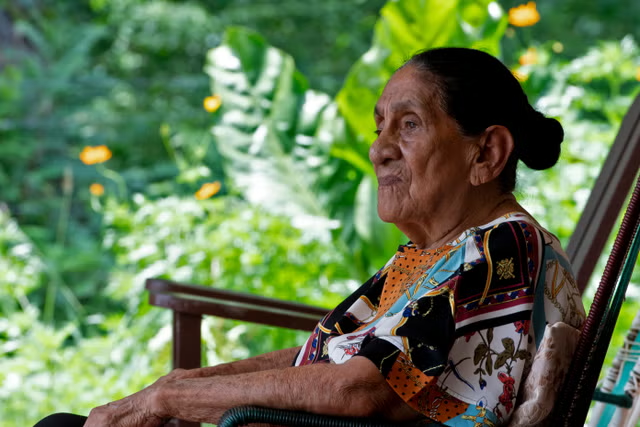Online prescriptions for direct-to-patient abortion drugs more than doubled in the year following the U.S. Supreme Court's decision to overturn the federal right to abortion, new research has found. However, barriers to online pharmacy access still limit access to abortion care, the researchers say.
"The abortion landscape is rapidly changing, and we think online pharmacies are going to play an increasingly important role in medication abortion care," Dr. Terri-Ann Thompson, a Senior Research Scientist at Ibis Reproductive Health and co-author on the paper, told Newsweek. "This is one of the first studies to assess the role of online pharmacies in abortion provision."
The study, published in JAMA Network Open, analyzed nearly 88,000 fulfilled prescriptions from an online pharmacy between June 2021 and June 2023. The Dobbs v. Jackson Women's Health Organization decision to overturn the federal right to abortion was made on June 24, 2022, with a leak on May 2.
Following both the leak and the court's final decision, the researchers saw a significant spike in direct-to-patient abortion care prescription fulfillment, rising from an average of 88.5 daily prescription fulfillments in March 2022 to 201.5 in March 2023.
"In many ways, these findings document positive changes for abortion access," Thompson said. "The role of virtual-only providers and online pharmacies in abortion provision is relatively new, as the FDA only revised restrictions to make direct-to-patient telehealth medication abortion provision possible in 2020. Our results show the critical role that online pharmacies are playing in medication abortion care."
These pharmacies only provide care to states where abortion is legal, so it is unclear what these numbers might have looked like in states where it is illegal. However, even in states where abortion is legal, there are still restrictions to online abortion care access.
"It's important to remember that access to abortion can be fraught even within states where abortion is legal, and many states can do more, such as offering coverage parity between in-person services and telehealth services," Thompson said.
"Despite the literature showing that pharmacy dispensing is associated with safe use of medication, a reduction in health care costs, and potentially preventing adverse drug events, the FDA's remaining restrictions on pharmacy dispensing persist. These restrictions should be removed to allow for more people to get this care when they need it and as soon as they need it."
She added that only 10 states cover telehealth abortion care in all its formats.
"Additionally, restrictions on abortion care place great financial burden on those seeking care. As such, something that anyone can do to support abortion access is to donate to their local abortion fund," she said.
Is there a health issue that's worrying you? Do you have a question about microplastics? Let us know via health@newsweek.com. We can ask experts for advice, and your story could be featured on Newsweek.
References
Brander, C., Nouhavandi, J., & Thompson, T.-A. (2024). Online Medication Abortion Direct-to-Patient Fulfillment Before and After the Dobbs v Jackson Decision. JAMA Network Open, 7(10). https://doi.org/10.1001/jamanetworkopen.2024.34675
Disclaimer: The copyright of this article belongs to the original author. Reposting this article is solely for the purpose of information dissemination and does not constitute any investment advice. If there is any infringement, please contact us immediately. We will make corrections or deletions as necessary. Thank you.



